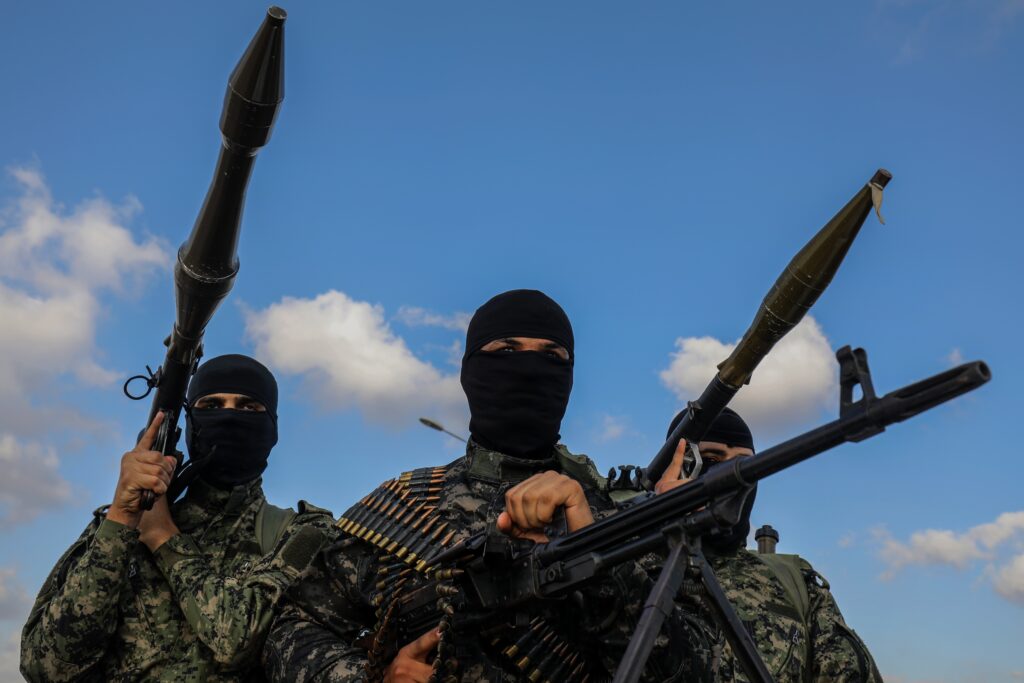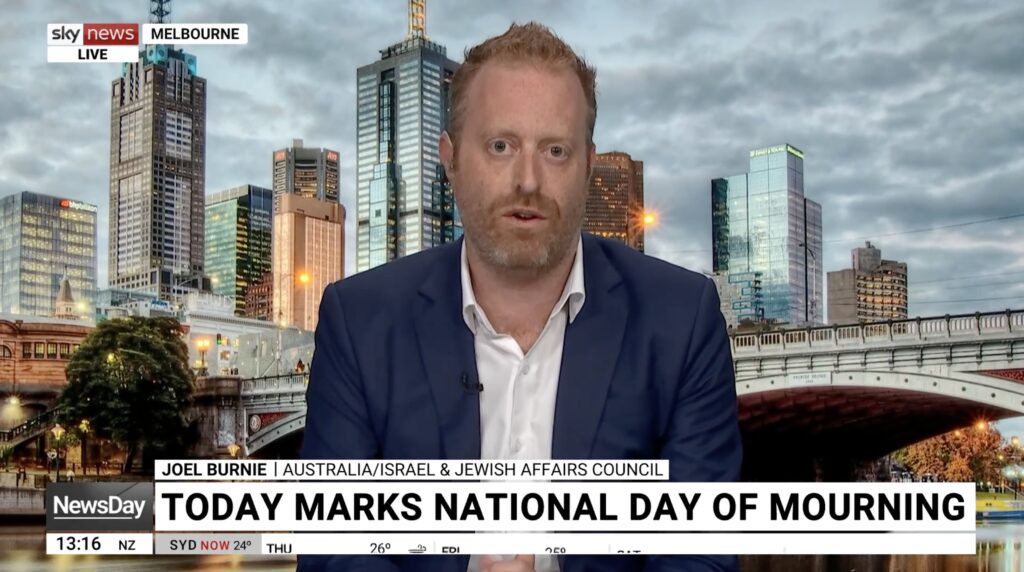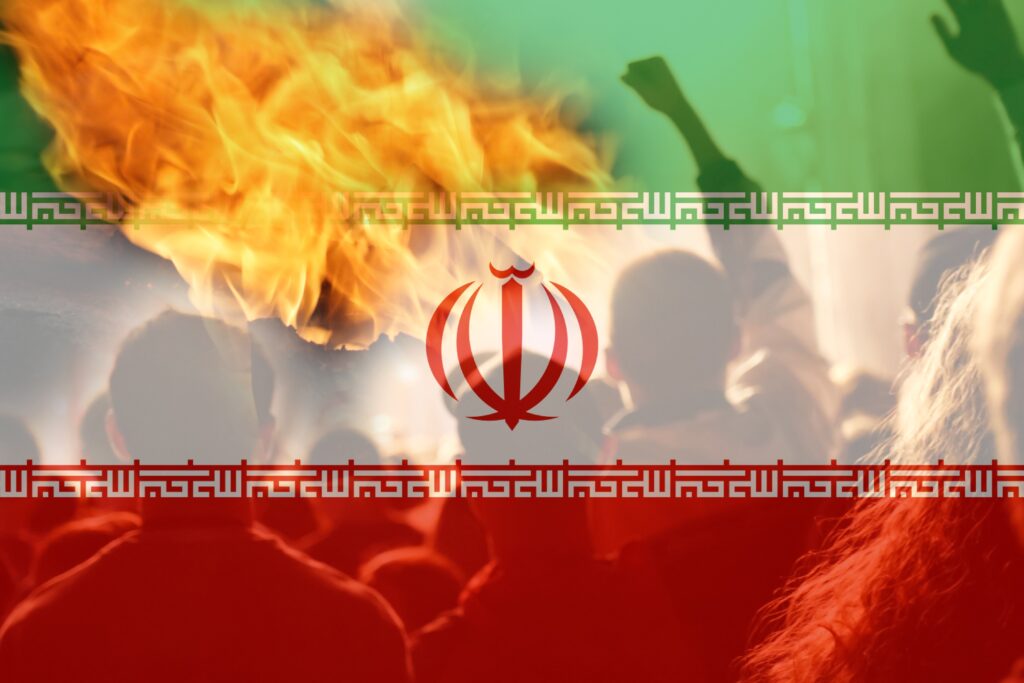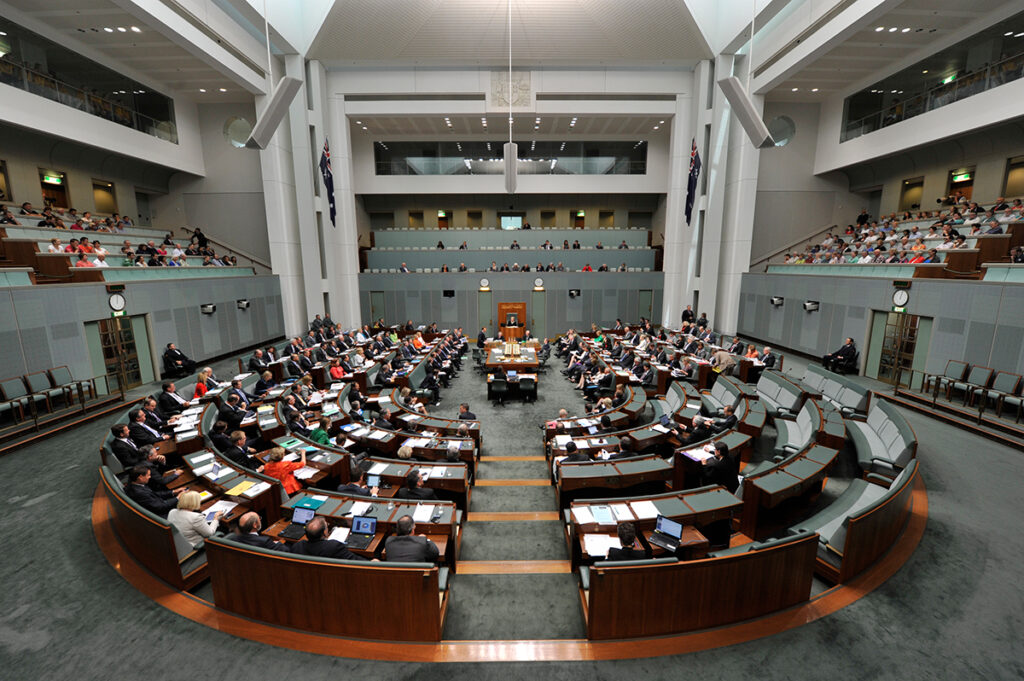IN THE MEDIA
Terrorism Teheran Style
January 21, 2007 | Ted Lapkin
Ted Lapkin
Courier Mail – January 21, 2007
YOU know it’s not business as usual when prosecutors from one country file a criminal indictment against another country’s head of state.
But that’s precisely what happened late last year when Argentine authorities laid terrorism charges against former Iranian president Ali Akbar Rafsanjani.
In open court, Rafsanjani and other retired Iranian government officials were formally accused of masterminding the bombing of a Jewish community centre in 1994. The AMIA building in Buenos Aires was flattened in an explosion that killed 85 people and wounded more than 200 other civilians.
Chief Prosecutor Alberto Nisman believes the foot soldiers who carried out the attack were Hezbollah operatives from Lebanon. But Argentine investigators also found ample evidence to indicate orders for the bombing were signed, sealed and delivered from Tehran.
Police are convinced the TNT used to make the AMIA truck bomb was smuggled into Buenos Aires through the Iranian embassy’s diplomatic pouch. And the indictment stipulates the Islamic republic’s intelligence officers were intimately involved in the process of target selection and mission planning.
These arrest warrants dispel any notion this act of terrorism might have been the unsanctioned work of an unauthorised cabal in Tehran. Rather than a rogue operation, the arrest warrants requested by Argentine prosecutors reveal an official rogue’s gallery that extends to the highest echelons of Iranian government.
Beyond Rafsanjani, this wanted list includes the names of former foreign minister Ali Akbar Velyati, intelligence minister Ali Fallahian and Revolutionary Guards commander Mohsen Rezai. Iranian Supreme Leader Ali Khamenai was also implicated in the planning sessions for the bombing attack, but escaped indictment through the principle of sovereign immunity.
Yet the AMIA bombing is hardly the only case in which Tehran employed its Hezbollah surrogates to score political points through the murder of foreign civilians. In the 1980s, Hezbollah kidnapped dozens of American, French and British hostages in a self-declared campaign to rid Lebanon of Western influence. Many of those abducted diplomats, journalists and teachers were executed by their captors.
When the string of airline hijackings and overseas bombings committed by Hezbollah are added to its organisational portfolio, the portrait of the Lebanese Shi’ite militia becomes uglier still. But despite countless litres of innocent blood on its hands, Hezbollah’s defenders insist the movement does not engage in terrorism.
Just last year, a veritable who’s who of Australia’s Islamic leadership has demanded Hezbollah be removed from the Commonwealth’s list of proscribed terrorist organisations. During the recent conflict in Lebanon, members of the Government’s Muslim Reference Group expressed frustration over the Prime Minister’s refusal to countenance their petition.
To categorise Hezbollah as a terrorist group was unjust, argued Reference Group chairman Ameer Ali, because such a classification puts the Shi’ite militia “on par with Al-Qaeda, when it is totally different”.
But there is no valid distinction to be made between bombing a community centre in Buenos Aires and blowing up commuter trains in London or Madrid. For too many years, too many in Australia’s Islamic community have been trying to have their cake and eat it too. The Muslim leadership regularly trafficks in a form of double speak that condemns or condones suicide terrorism on the basis of political convenience and affinity.
Through their support for Hezbollah, “mainstream” Islamic leaders cannot avoid the suggestion that all Jews, everywhere and anywhere, are legitimate targets for violence. Could it be that some Muslim moderates in Australia aren’t quite so moderate after all?
Iran’s past complicity in terrorism throughout the world only underscores the danger posed by the Islamic republic’s aggressive weapons of mass destruction program. It is frightening enough when Iranian President Mahmoud Ahmadinejad calls for a global conflagration of fire and brimstone to hasten the coming of the Mahdi — the Islamic “expected one”.
But the real beauty of nukes in the eye of rogue state beholders is that these weapons can be used without being used. The destructiveness of nuclear arms provides a substantial measure of military and political immunity to the nations that possess such weaponry. And by passing through the atomic threshold, a similar mantle of inviolability would descend upon the shoulders of the “mullahcracy” that runs Iran.
The regime in Tehran would be able to get away with all sorts of deadly mischief in pursuit of its belligerent dream of hegemony over the Persian Gulf.
Ted Lapkin is director of policy analysis for the Australia/Israel and Jewish Affairs Council.
Tags: International Jewry





